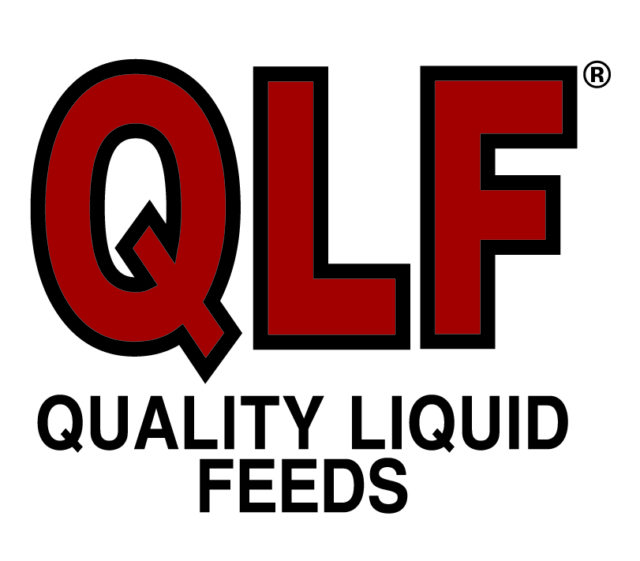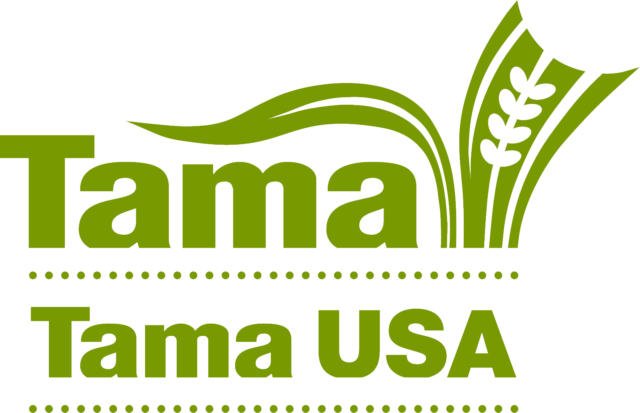Dietary potassium is a significant nutrient for good dairy cow health and nutrition. This macromineral impacts carbohydrate metabolism, amino acid uptake and protein synthesis, all of which aid in milk production as well as reproductive performance, immune function and cow well-being.
While it’s important that pre-fresh cows not receive too much potassium, cows in early lactation benefit from a boost in dietary potassium levels.
New research published in the October 2012 issue of Professional Animal Scientist indicates that high-producing cows are often deficient in potassium, especially for the first 10 weeks of lactation. But the deficiency can persist longer and can occur even when cows are fed dietary potassium at NRC-recommended levels.
What’s the point?
Cows lose a significant amount of potassium through the normal, everyday function of producing milk, and this nutrient must be replaced through the diet to maintain and improve production.
This is important to take into consideration because:
- Research links inadequate dietary potassium balance to displaced abomasums. It’s thought that this is because potassium status can affect the ability of abomasal muscles to contract properly.
- Potassium’s role is also tied to the concept of dietary cation anion difference (DCAD). Potassium is a cation that raises DCAD, which represents interaction among the macrominerals of sodium, potassium, chloride and sulfur. Ideally, DCAD levels should be +35 to +45 meq per 100 g for cows in early lactation.
- Potassium cations participate in many essential biological processes, such as the maintenance of osmotic potential within cells; nerve impulse transmission; enzyme reactions in cellular metabolism; cardiac, skeletal and smooth muscle function; and the maintenance of normal kidney function.
Supplemental potassium needed
Cows respond positively to supplemental potassium in the diet. Research conducted at Washington State University in 2008 showed feeding commercial stabilized potassium carbonate in the early lactation diet resulted in an increase in production of milk, 3.5 percent fat-corrected milk and milkfat.
This increase was not associated with an increase in dry matter intake and therefore appears to be unrelated to energy intake.
Also, the added dietary potassium carbonate decreased undesirable unsaturated and trans-fatty acids – and increased C18:0 (stearic acid) in milk, which can lead to milkfat depression.
The research published in the October issue of Professional Animal Scientist adds further support for increasing early lactation dietary potassium.
It shows cows fed a diet with 1.4 percent potassium were deficient in potassium through the first 20 weeks of lactation – but most significantly in the first 10 weeks of lactation.
Two possible explanations exist for this deficiency:
- Because early lactation cows generally eat less than mid-lactation cows, there is a need to increase nutrient concentrations to reflect reduced feed intakes.
- Most previous macromineral research was conducted with low-producing and medium-producing cows; high-producing cows secrete more of these minerals in milk and generate more acid in the rumen and blood.
However, regardless of the reason why, it’s becoming apparent that most early lactation cows need more dietary potassium.
How much is enough?
To bring a cow into potassium balance, diets need to be supplemented with additional potassium. Total dietary potassium should be a minimum of 1.7 percent, which is higher than current NRC recommendations.
Given market conditions, it’s important for producers to capture the greatest milk production and price possible – and proper potassium supplementation plays a key role in achieving this goal. Furthermore, ration potassium levels need to be top-of-mind as warmer temperatures and the ensuing heat stress are just around the corner. PD
Block is a senior manager of technology with Arm & Hammer Animal Nutrition.
References omitted due to space but are available upon request. Click here to email an editor.

-
Elliot Block
- Senior Manager of Technology
- Arm & Hammer Animal Nutrition
- Email Elliot Block
Heat stress implications
Increasing potassium supplementation is often associated with alleviating the effects of heat stress. That’s because when cows are exposed to heat stress, dry matter intake decreases and excess panting, salivating and sweating occurs, which usually means more potassium is excreted faster than diets can replenish.
Therefore, proper potassium supplementation is an important component of mitigating heat stress effects in dairy cattle.
In addition, we’re learning that potassium levels are something that should be monitored and accounted for year-round.






